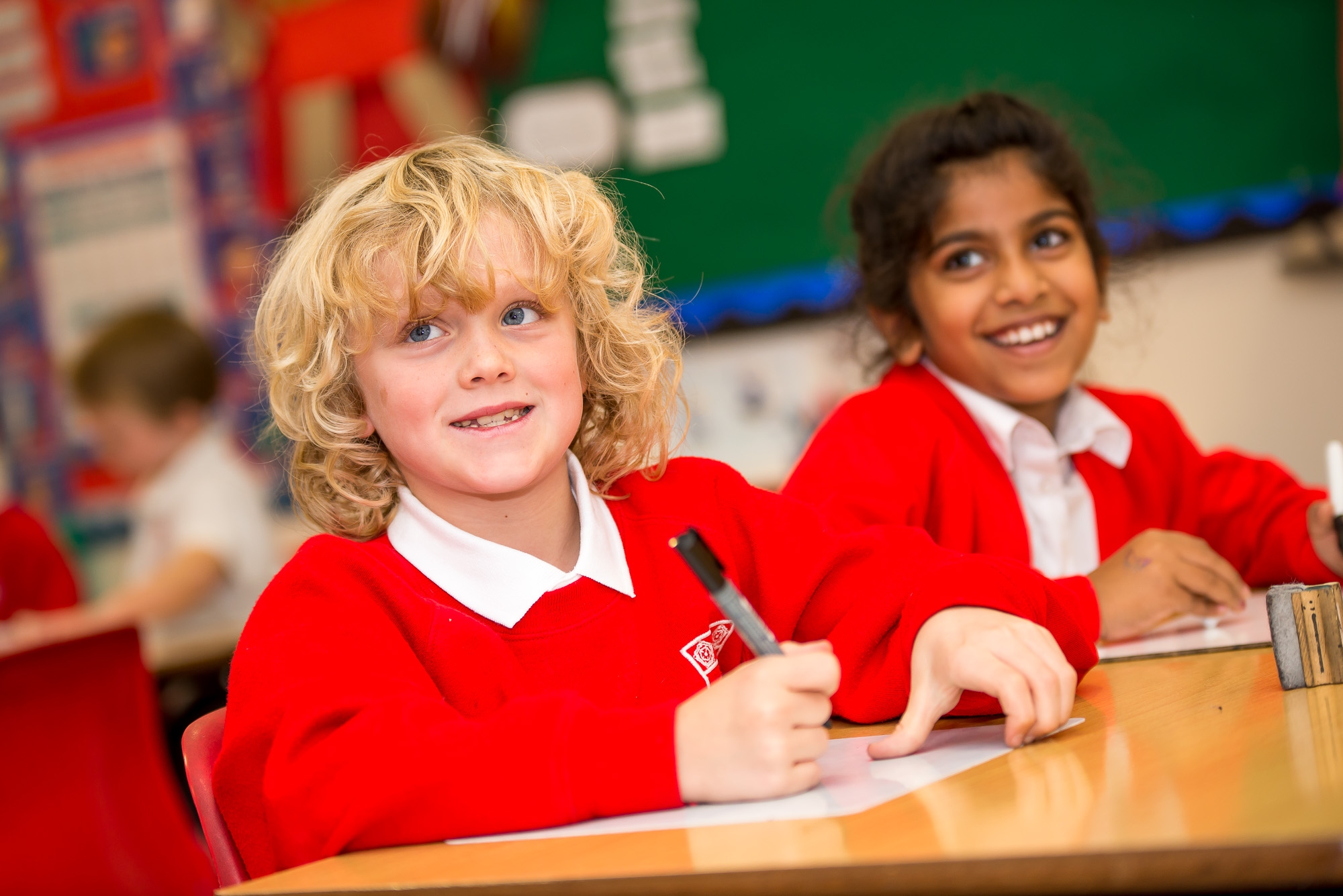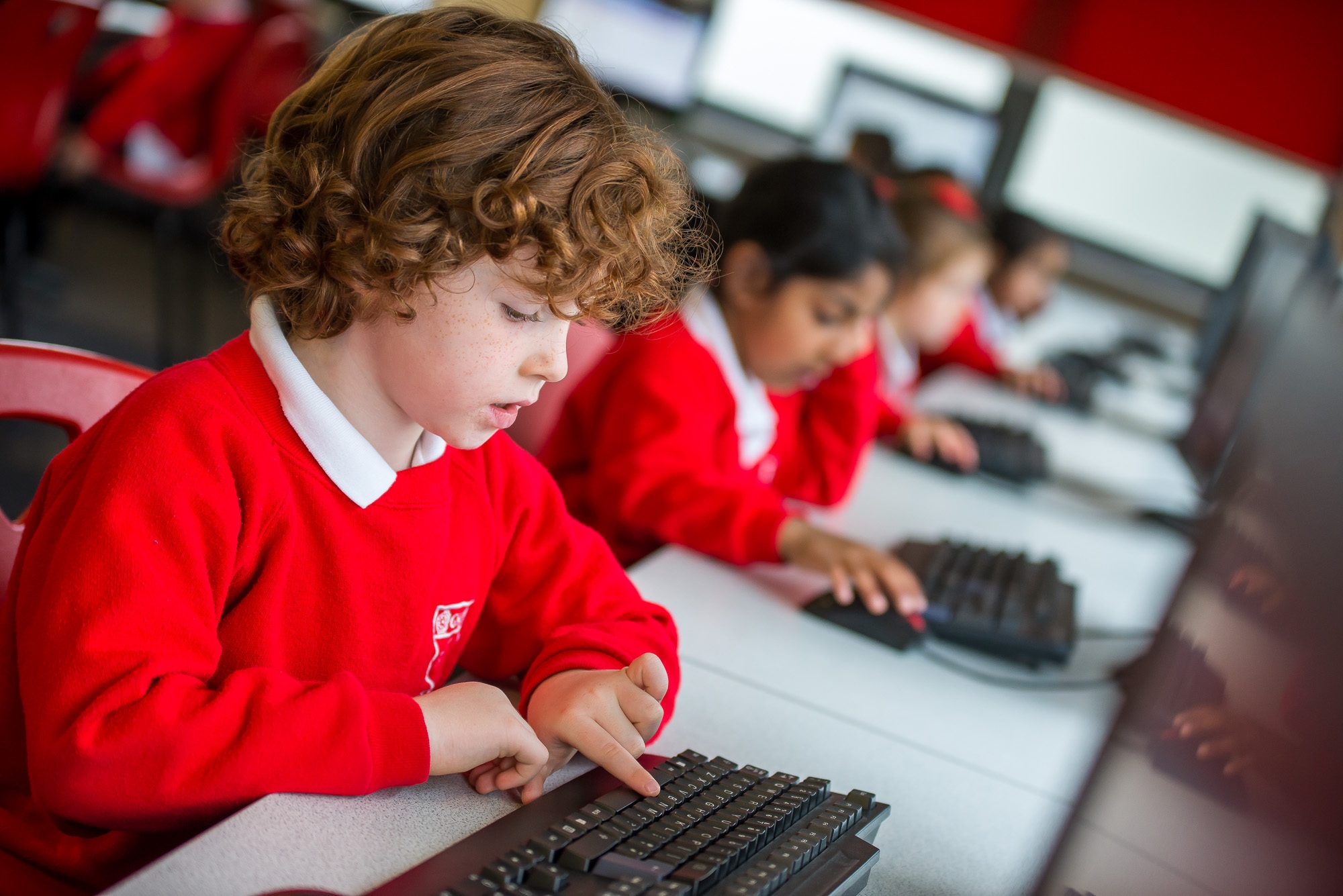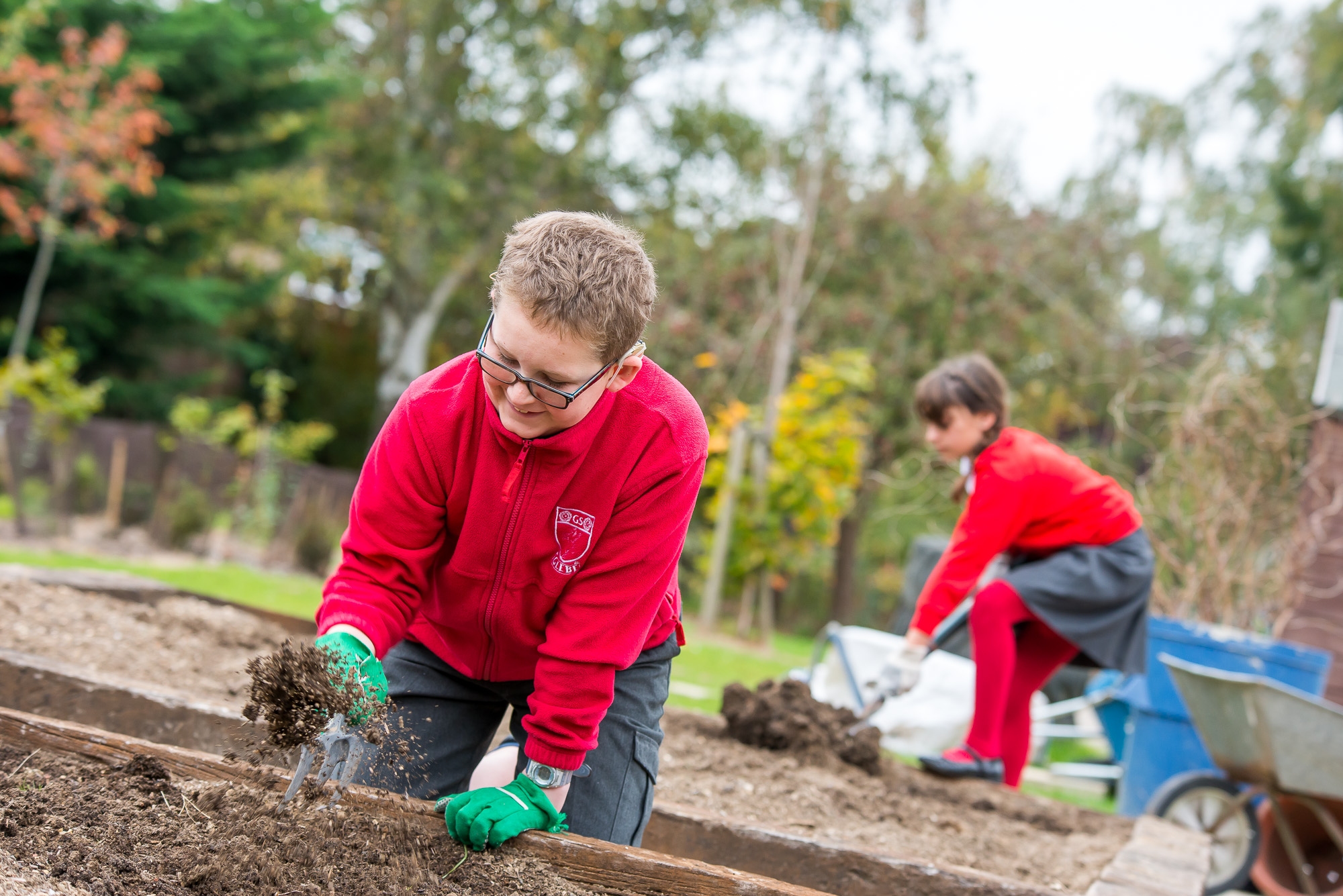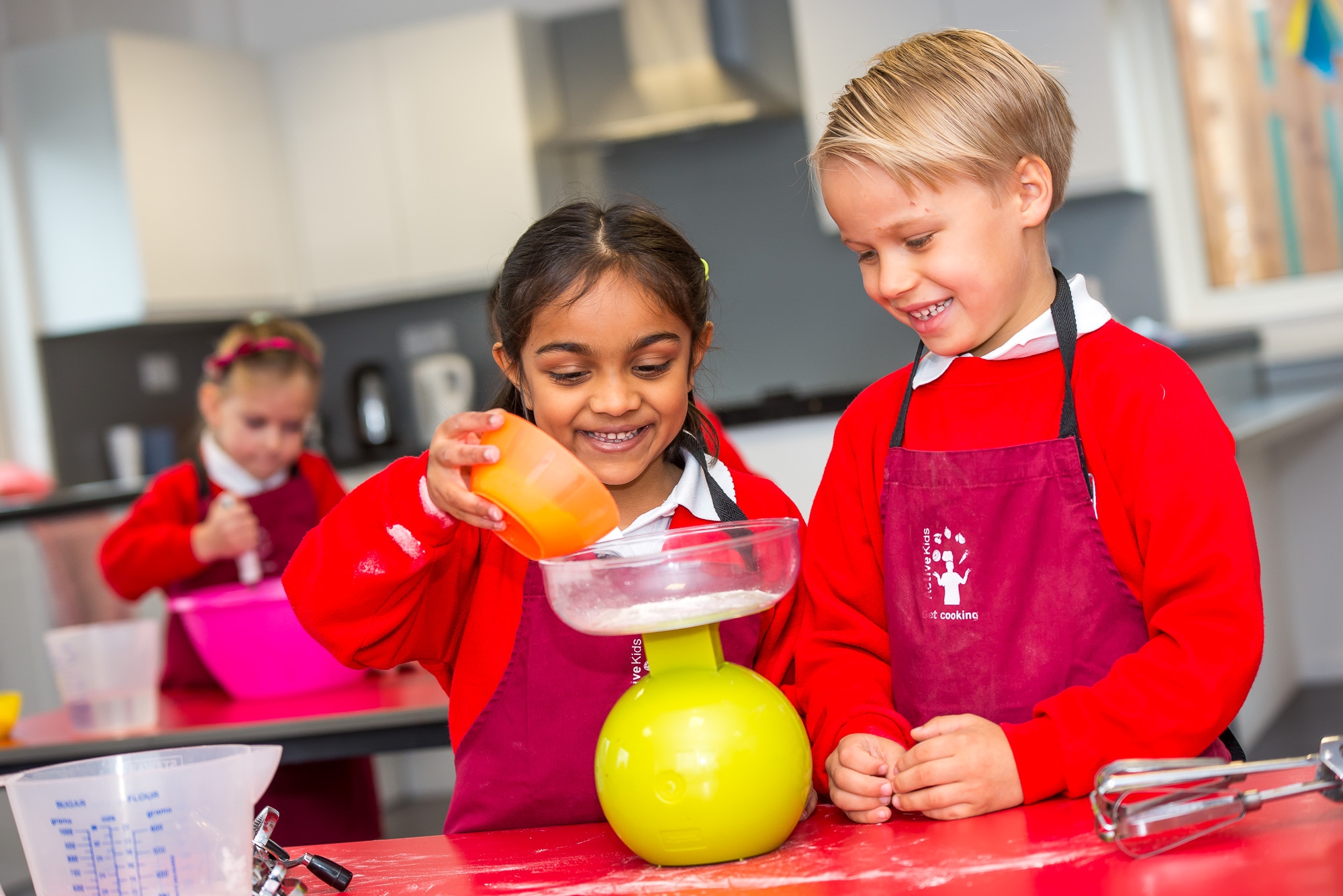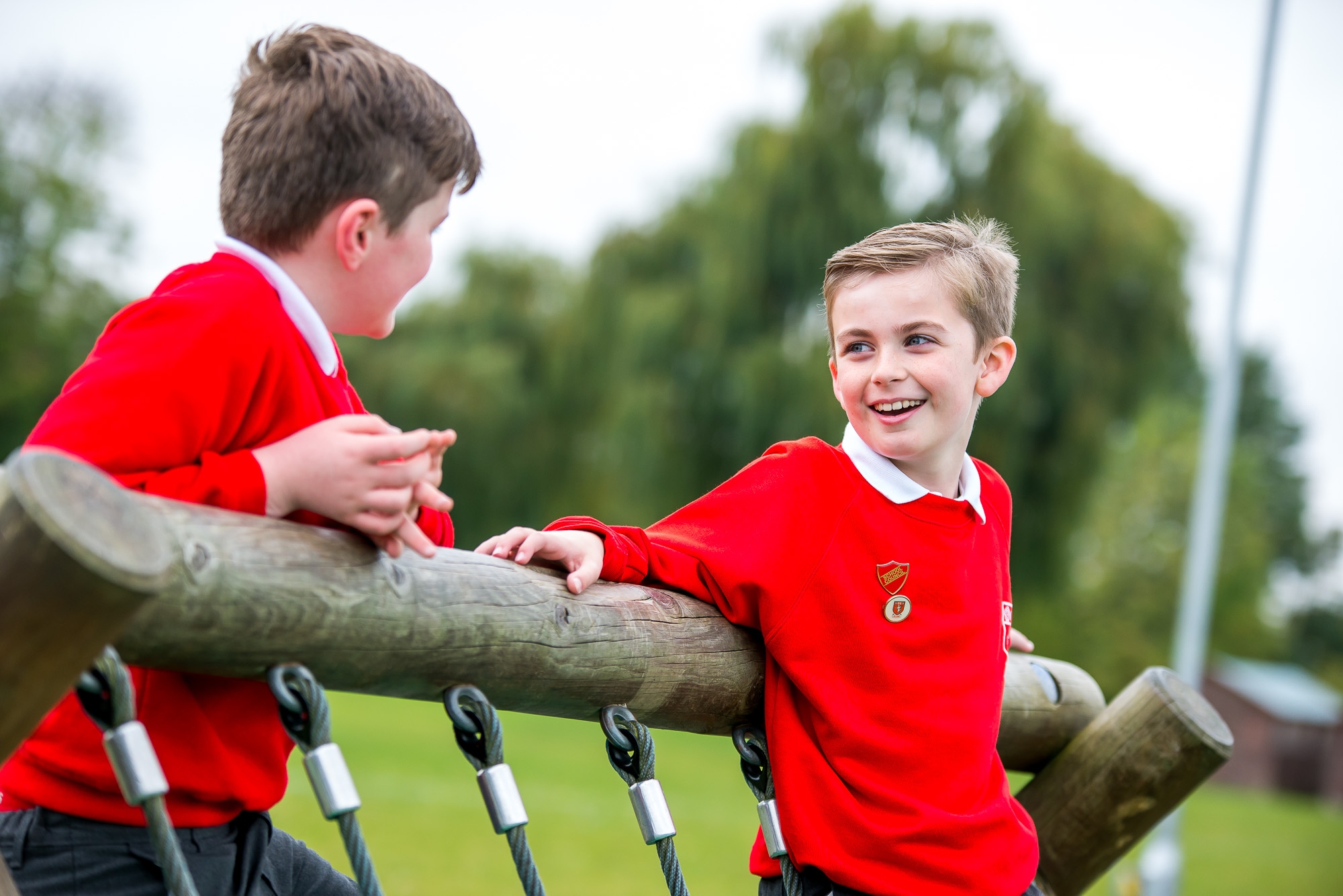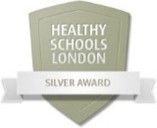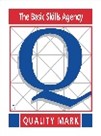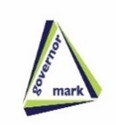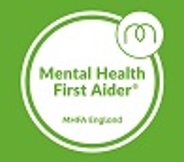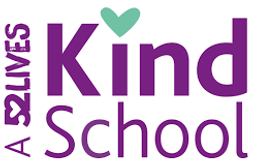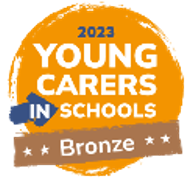
At Glebe Primary School the aims of the mathematics curriculum is to ensure deeper understanding and progress for all learners to enable every child to succeed in mathematics. At Glebe we aim, through high quality creative, inclusive and engaging lessons, to create a sense of excitement and curiosity around maths. Children are encouraged to make links between what they are learning and the world around them. A high quality maths education provides foundations for understanding the world and promotes the school values.
The 2014 National Curriculum for mathematics aims to ensure all pupils:
- Become fluent in the fundamentals of mathematics so that they are efficient in using and selecting the appropriate written algorithms and mental methods, underpinned by mathematical concepts
- Can solve problems by applying their mathematics to a variety of problems with increasing sophistication, including in unfamiliar contexts and to model real-life scenarios
- Can reason mathematically by following a line of enquiry and develop and present a justification, including in unfamiliar mathematical language.
What do our pupils say about maths at Glebe?
We regularly conduct pupil interviews to find out about pupil attitudes, what is working well and to see if there are any aspects we need to improve.
Do you think you have been challenged in maths this year? How?
Year 6 Pupil: Yes. There are questions when you have to use previous answers to answer future questions.
Year 5 Pupil: A little bit. I'm struggling little bit which is a good thing as you learn from your mistakes.
Year 4 Pupil: Yes. In line graphs I got confused with all the data but I spoke to my partner and it helped me.
Year 3 Pupil: Yes, they were teaching me different things. It was really hard but my teacher helped me and now it is easier.
Year 2 Pupil: Yes, we get tricky questions in maths. I enjoy them because it helps me to work harder and know more.
Year 1 Pupil: We’ve had some really hard challenges from our teacher this year. We had to choose the right answer and explain why we chose it. It was really tricky!

What do you do if you are stuck on a question?
Year 6 Pupil: I use different methods. If that doesn't work I ask someone.
Year 5 Pupil: You use the 6Bs. I ask someone next to me, use my book or whiteboard then ask an adult.
Year 4 Pupil: I ask someone near me for help but not the answer.
Year 3 Pupil: I try harder. If it is too hard, I will try different ways and break it down into easier parts.
Year 2 Pupil: I don’t mind getting things wrong, it just means I learn something new. I can use the success criteria in my book, ask my partner or look at the working wall to find out what I need to do. If I’m still stuck, I can ask the teacher.
Year 1 Pupil: I have my book and the board to help me because my teacher is sometimes working with other children.

How does your teacher help you if you are stuck on a question?
Year 6 Pupil: She usually gives me advice on the method or the steps I need to do as sometimes I use the wrong method.
Year 5 Pupil: My teacher will give me an example and then we work through it, step by step, using the success criteria.
Year 4 Pupil: They tell me what the question wants me to do and then they give me advice.
Year 3 Pupil: She helps me to work through the steps. When she finished she sometimes asks me to explain my mistakes.
Year 2 Pupil: My teacher usually teaches small groups who need extra help so I can sit with those children if I’m not sure.
Year 1 Pupil: They explain it and if we can’t read something, they help us. If I don’t understand, my teacher explains it again for me.
Why is mental maths important?
Year 6 Pupil: Many jobs include mental maths so it is important for the future.
Year 4 Pupil: Because when you are older you will need to work things out and you won’t always have a calculator.
Year 2 Pupil: Because when you’re going shopping, you need to be able to add totals together quickly in your head.
Year 1 Pupil: I set myself some tricky problems to work out in my head because I like it. I can add 10+10 in my head really quickly because I have practised a lot.
Maths Whole School Overview 2023-24
Calculation Policies:
Please see the documents below (bottom of the page) for the calculation policy for each key stage. This will show you what is being taught, and when, as well as guides on how to support your child.
Example page from EYFS policy:
Example page from KS1 policy:
Example page from LKS2 policy:
Example page from UKS2 policy:
Subscribed to apps or websites:
Doodlemaths: The doodlemaths program is specifically tailored to your child's needs. Teachers assign children work based on the learning taking place in class and the app will adjust the challenge level based on the child's answers. Each child has an individual login. Please speak to your class teacher if you are unsure of this. https://www.doodlemaths.com/
TT Blast: Practise times tables and compete against children in school and all across the world. Your child has an individual login for j2e. Please speak to your class teacher if you are unsure of this. https://www.j2e.com/
Time Tables Rock Stars: An interactive program to support with practising your times tables. Each child has an individual login. Please speak to your class teacher if you are unsure of this. https://ttrockstars.com/home
Useful websites:
Youtube videos:
Counting 1 – 20:
Number time 1 – 10 - https://www.youtube.com/watch?v=LrEfuppQbHs
Number time 1 – 20 - https://www.youtube.com/watch?v=uu_v-Q1zRJ0
Number blocks: Learn to count - https://www.youtube.com/watch?v=d1TwUYakFUE
Adding and subtracting:
Subtracting one from another - https://www.youtube.com/watch?v=9UsDVGj9kXM
Adding two numbers - https://www.youtube.com/watch?v=rQD3N5OXBGM
Subtract with a pirate - https://www.youtube.com/watch?v=QkPa9V2wtZs
Add with a pirate - https://www.youtube.com/watch?v=WT_wvvEvkw4
Doubles:
Doubles song - https://www.youtube.com/watch?v=8jOzhiACB68

